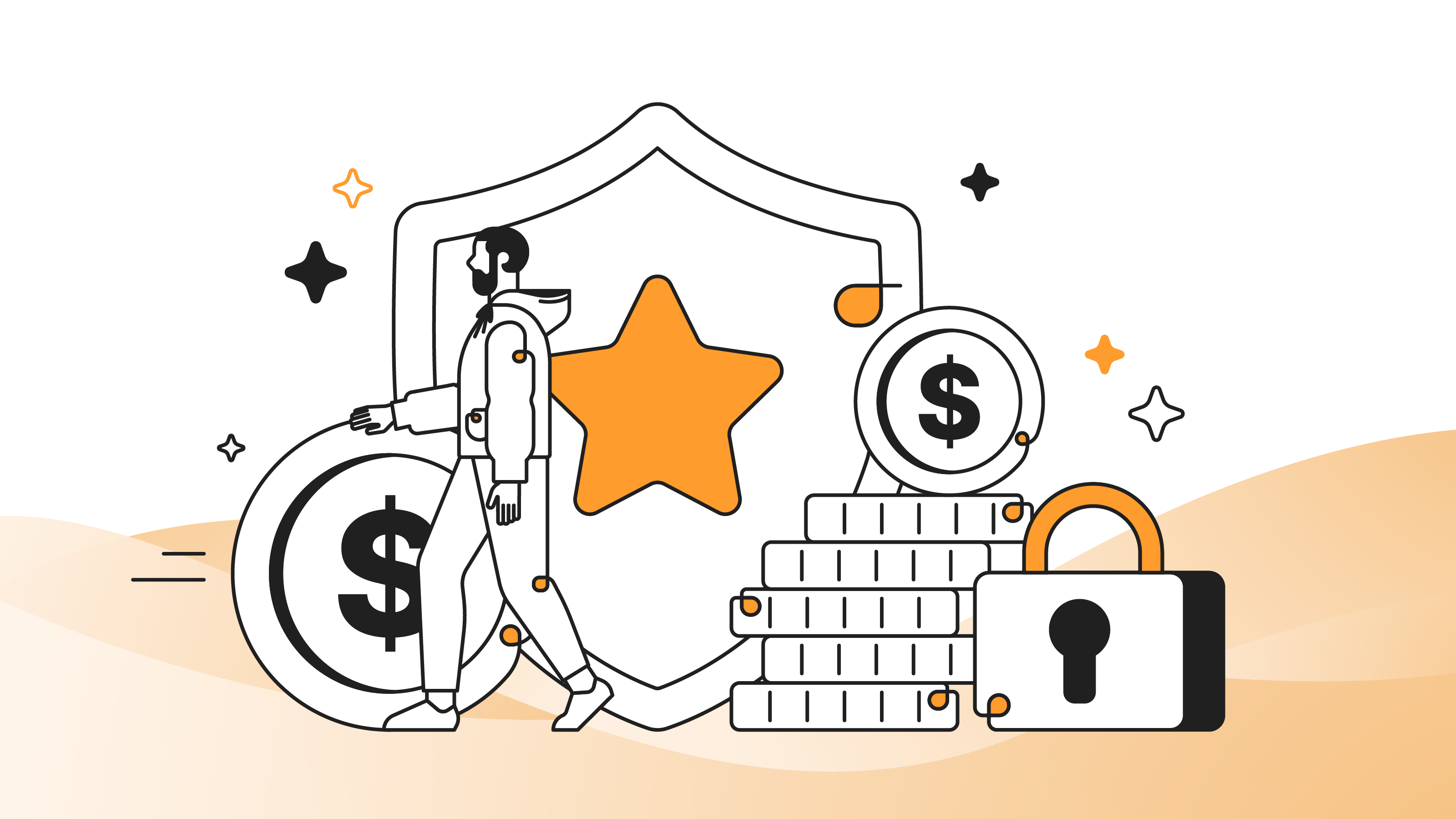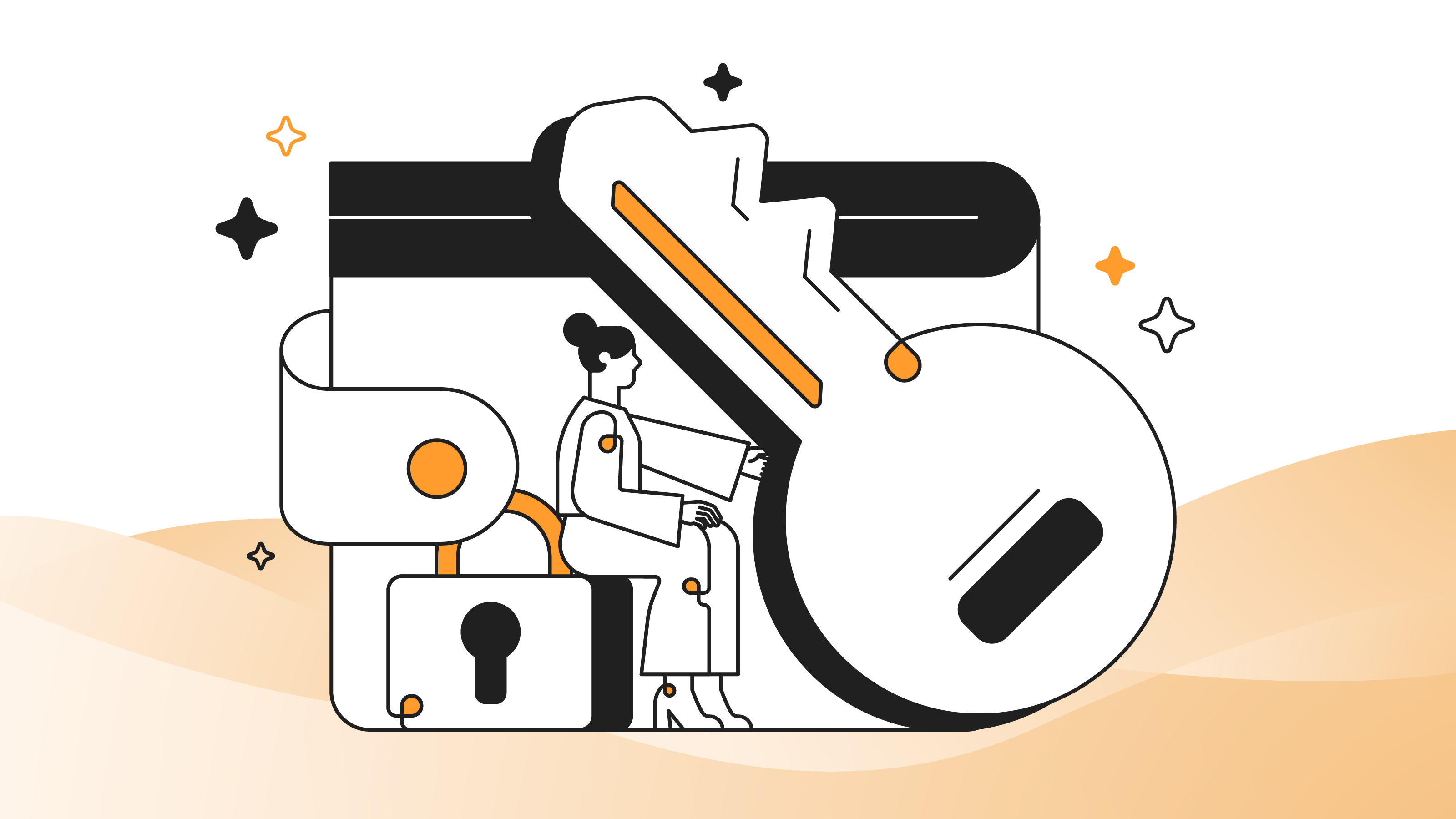Crypto User Protection Guide: Best Practices to Safeguard Your Assets
In 2022, FTX's impending insolvency dominated headlines across the financial world, triggering a market crash that stands as one of the most shocking events in crypto history. While the market has since rebounded, even reaching new heights earlier in 2024, several unexpected challenges have since emerged.
Earlier this year, the crypto community was shaken by significant setbacks. One of the most devastating incidents occurred in July when the Indian crypto exchange WazirX was hacked, resulting in the loss of over $230 million. Additionally, the U.S. Department of Justice uncovered a staggering $1.89 billion cryptocurrency fraud orchestrated by HyperFund, a scheme that lured investors with promises of substantial returns from non-existent cryptocurrency mining operations.
As we reflect on these losses, it's crucial to internalize the lessons they impart. Protecting and securing your cryptocurrency is essential to safeguarding your hard-earned funds. Selecting a reliable exchange is a vital step in this process. Bybit stands out as a highly liquid and dependable exchange, offering exceptional 24/7 customer service to ensure your crypto assets remain secure.
Beyond choosing the right exchange, staying informed about the rapidly evolving trends and news within the crypto industry is key to protecting your investments.
Here are some valuable tips to safeguard your crypto.
Proof of Reserves (PoR)
In light of FTX’s mismanagement of customers’ assets, it’s clear that transparency is imperative to regulate the health of the crypto industry. The best way for crypto exchanges to prove they’re merited custodians is by presenting a Merkle tree proof of reserves (PoR) certificate. Bybit shows we’re ready to be fully transparent with our clients as we work to provide a PoR, showing all customers’ balances are completely stored in the exchange and can be withdrawn anytime.
Learn more about Proof of Reserves (PoR)
Protecting Your Exchange Account
Bybit has never been hacked and is among the most reliable exchanges with unparalleled security. What’s more, you can enhance the protection of your Bybit account with two easy steps. First, create a strong password. Next, turn on 2FA and bind it to your Google Authenticator. Having the combination of a strong password and a 2FA gives you maximum security for your account and assets.
Learn how to protect your Bybit Account
Crypto Insurance
Besides protecting your exchange account, another way to boost your security when trading and investing in exchanges is through crypto insurance. Some exchanges offer it to ensure your funds are protected even if the exchange gets hacked. Bybit offers our own form of crypto-safety assurance with an insurance fund that protects traders from auto-deleveraging (ADL).
Understand more about crypto insurance
Find out more about Bybit insurance fund
Trade Your Crypto Safely
Since the crypto market is highly volatile, learning how to cut losses is just as important as learning how to make profits. You can protect your positions with two types of orders: Stop-loss order and stop-limit order.
Stop-loss order is an easy way to limit your potential losses, as it’s automated. All you have to do is set a stop-loss order at a specific price level and the order will automatically close when it touches that level.
Stop-limit order combines a stop order and a limit order, so you have two prices to set. While more complex than a stop-loss order, a stop-limit order gives you greater control over your trade. It’s a valuable tool in a volatile market.
Learn how to use stop-loss and stop-limit orders
Know Your Wallets
It’s essential to choose the right wallet for storing your cryptocurrencies. Here are the different types of crypto wallets to know about before making a decision.
Custodial vs. Noncustodial Wallets
Custodial wallets are wallets used by crypto exchanges and DeFi platforms. When you place your crypto in one of these wallets, you’re entrusting your funds to a third-party custodian. Hence, choosing a reliable wallet/custodian is crucial. Among the best custodial wallets, Bybit Wallet keeps your assets and private key fully secure, and gives you access to the web3 space where you can explore NFTs, DeFi and GameFi.
A noncustodial wallet is managed fully by you. It requires a certain level of crypto know-how to use, since you’ll be keeping track of your keys and assets on your own.
Find the best custodial wallets in the market
Learn how custodial and noncustodial wallets differ
Hot Wallets vs. Cold Wallets
Hot wallets are online wallets that can be either custodial or noncustodial. When using hot wallets, users may be subject to hacks. If you intend to HODL your crypto, it may be advisable to invest in a cold wallet for further protection. Unlike hot wallets, cold wallets aren’t connected to the internet. They won’t fall prey to malware or hacking attacks, making them an incredibly safe wallet to store your crypto assets.
Understand the difference between hot wallets and cold wallets
Multisig Wallets
A multisig wallet helps you store your cryptocurrency more securely, as you can only access your assets when two or more signatures are entered together.
Find out all you need to know about multisig wallets
Always Back Up Your Private Keys
When you use a noncustodial hot wallet, you need to back up your private key to ensure your crypto stays secure. There are four ways to do it: 1) use a seed phrase; 2) back up your wallet file; 3) export your private keys; 4) perform a physical backup on paper or a flash drive.
Learn about the various ways to backup your private key
Be Alert for Crypto Scams
Crypto scams are rife within the industry. Among the biggest of 2022 is the alleged Celsius Ponzi scheme, which amplified the impact of the crypto crash. Crypto scams can range from rug pulls to pump-and-dump, phishing and more. Since many types of scams unfold, keeping up-to-date with the news and catching on to the existing scams will help you stay clear of them.
Keep updated about existing crypto scams
Learn how to protect yourself from crypto scams
P2P Crypto Scams
When trading crypto on exchanges that offer peer-to-peer (P2P) trading services, be aware that P2P scams can occur if the seller attempts to skirt the exchange’s escrow system by making an external transaction with the buyer. After the seller receives the buyer’s payment, the scammer pretends the transaction didn’t go through, and refuses to keep their end of the bargain.
To protect yourself from P2P scams, conduct all trading on the exchange. Bybit ensures customers are well taken care of with 24/7 customer service and escrow service.
Understand how P2P crypto scams work and how to avoid them
The Bottom Line
In the decentralized space, absolute ownership comes with absolute responsibility. You get to own your cryptocurrency, so it’s important for you to secure your crypto funds and not lose them. Make sure you trade on a safe and reliable exchange such as Bybit, learn to prevent loss in your trades, choose the right wallet in which to store your crypto, back up your private keys, and stay educated on scams and frauds. These measures will keep your wallet damage to a minimum even in the most catastrophic of events.

